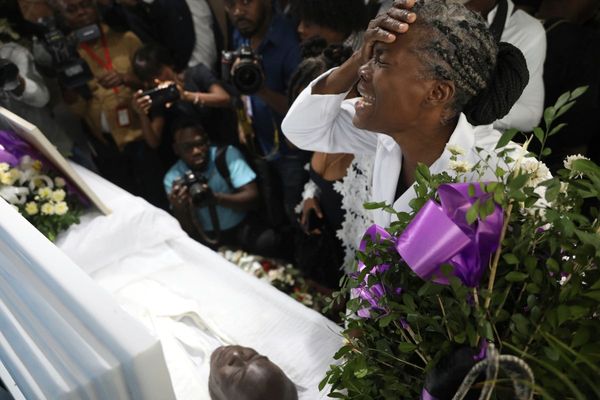A woman was left fuming after paying £60 for a six mile journey that would normally cost around £12 after ignoring Leeds taxi drivers' strike.
Maria Ward, 40, had been told about the protest but decided to go into the city centre for a night out.
The taxi strike, planned by private hire and hackney carriage drivers, began at 10pm on Saturday, January 29, until the following morning at 6am.
For more traffic and travel news, click here.
Taxi drivers were protesting the 'Suitability and Convictions Policy' which the council put in place in February 2020.
Drivers say the policy means they could lose their licences for "any slight wrongdoing" but Leeds City Council's policy page says it is 'in place to protect the public'.

After paying £8.50 for a taxi from her home in Morley, she enjoyed her night out before it all went wrong.
She left the bar in Call Lane at around 1.30am and decided call it a night, but was stunned to realise there were no taxis available at the top of the street.
After strolling to the train station, there was a huge line of desperate people also trying to get home, with one at the top of the queue stating he had been waiting for over two hours for a taxi.
Maria, who usually pays £12 at most for the same journey, was left with no choice but to download the Uber app after attempting to call her sister to pick her up from town.
She ended up agreeing to the £60 charge for her journey home via Uber after waiting 28 minutes for the cab.
Maria who got home around 3.40am said: “It was bad, I got told about the taxi strike, someone said ‘you’re going out on Saturday night there’s going to be a taxi strike’ I thought that's not going to stop me going out.
“I got it wrong, when I left the bar around 1.30am, I thought, ‘Where are the black and whites (taxis).’ I walked from Call Lane to the train station.
“There was a massive queue, the guy at the front of the queue said he had been waiting for two hours and five minutes.”
Maria considered walking or even hitchhiking back home but decided against the “dangerous” methods to get home.
After going out the following day, Maria admitted she spoke to a taxi driver who explained why they were protesting.
“It was quite dangerous for a girl, I was on my own,” she continued. “I was that desperate for a taxi, I would have got in a car with Joe Bloggs with no licence.
“When I got my taxi into town, a number of hours before my night out, it was £8.50 to town
“I could have got a hotel with a bed and breakfast with that £60.
“I think the taxi ride cost me more than my night out.
Maria admitted: “I didn’t really care about the taxi strike until it started to affect my life. I got home safe eventually and it took me over a day to get over the £60.”
Can't see this survey? Click here
Another person was forced to pay £46 to get home from Leeds to Morley following the protest.
Reacting to how much people had to pay in order to get home, Ahmed Hussain admitted he felt amazed at how much people had to pay on Saturday night and stated some Uber drivers made over £400 due to the surge prices.
Speaking to LeedsLive , he said: "We apologise to the people who couldn't get home. We never wanted to do this protest. We're peaceful and hardworking people and we do not want to cause inconvenience to anybody. But what can we do?
"If we don't protest this we could lose our futures, our livelihoods? Then how are people going to get home?
"We apologise for the inconvenience. But this is our last resort. We have the right to withdraw our labour.
"All we're asking is to work and be treated fairly and respectfully as we do it."
He does has not ruled out other protests in the future.
The authority's page for the policy states: "The licensing process places a duty on the council to protect the public. Therefore it is essential that those seeking a living as a driver meet the required standards.
"As previous offending and other behaviour can be considered as a predictor in determining future behaviour, it is important that the council considers all relevant factors including previous convictions, cautions, complaints, failures to comply with licence conditions, and the time elapsed since these were committed.”







